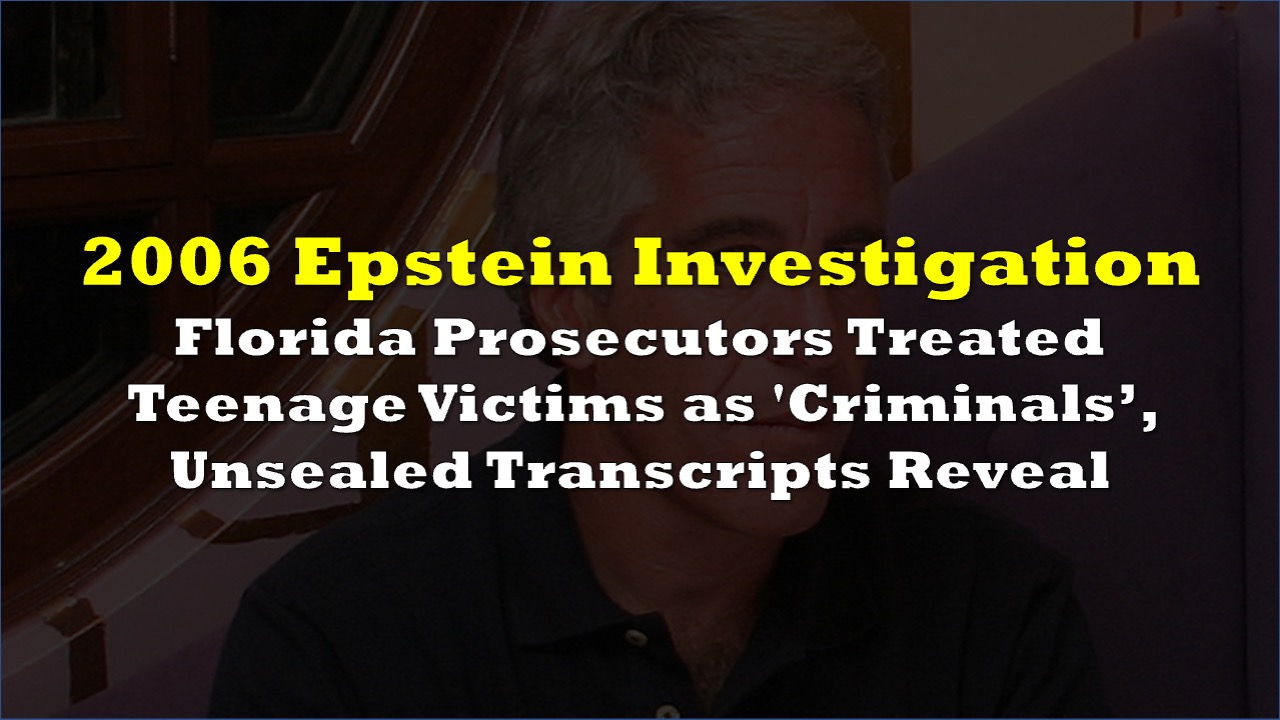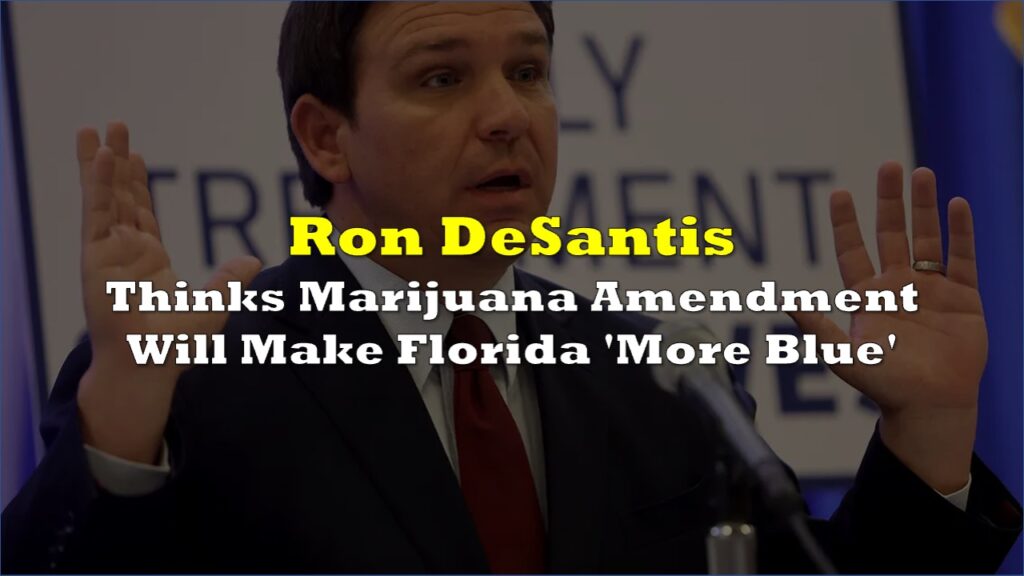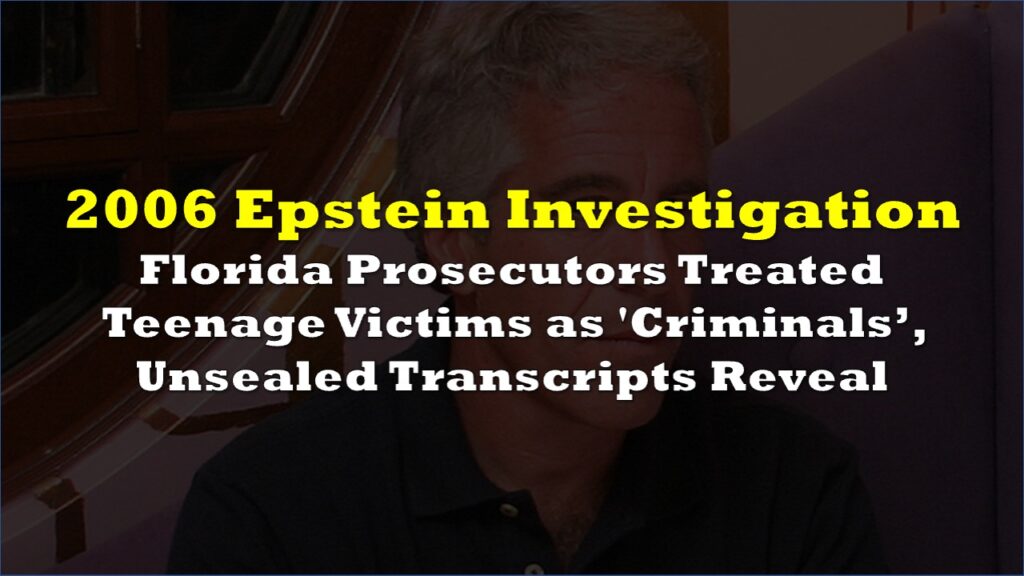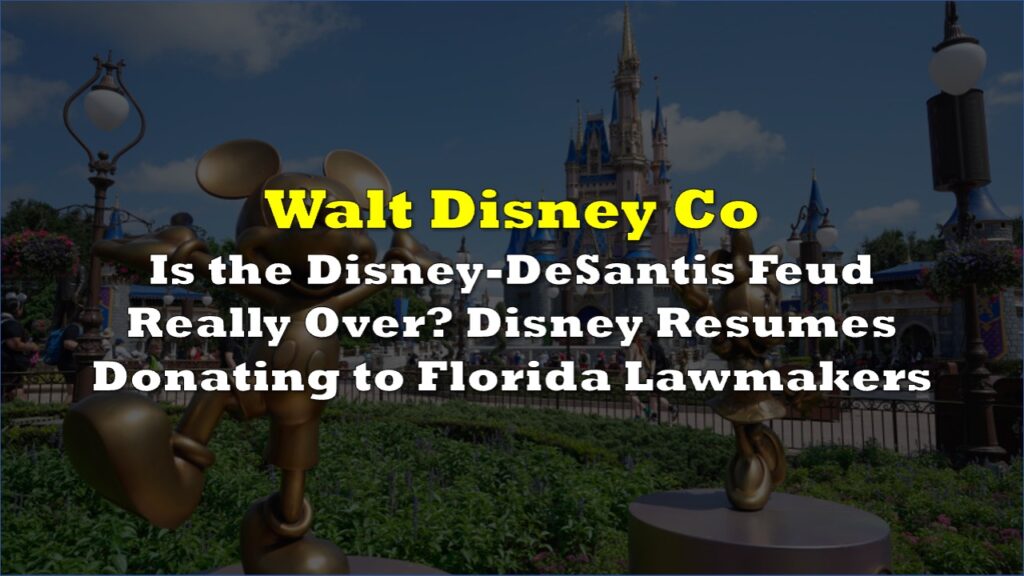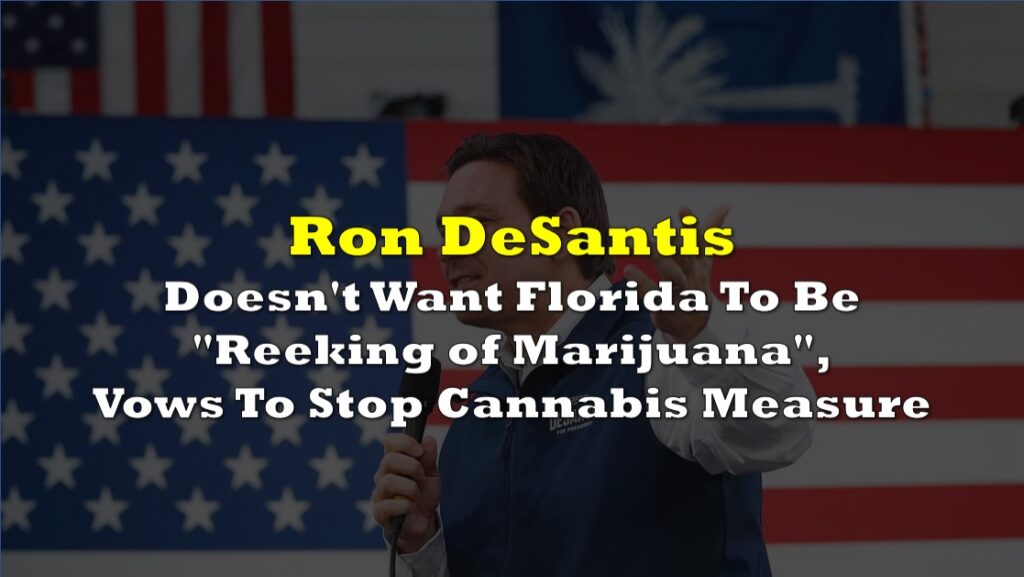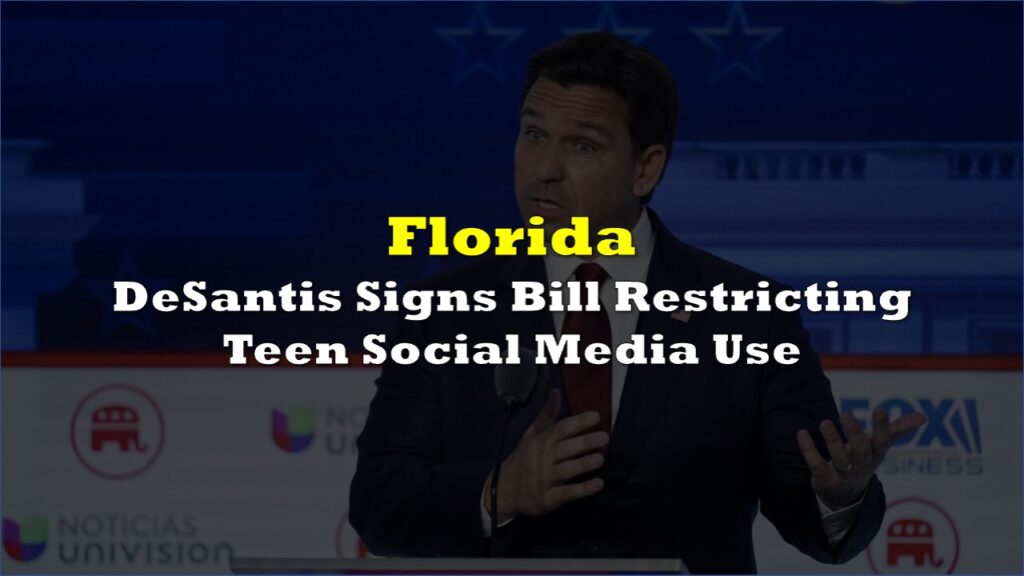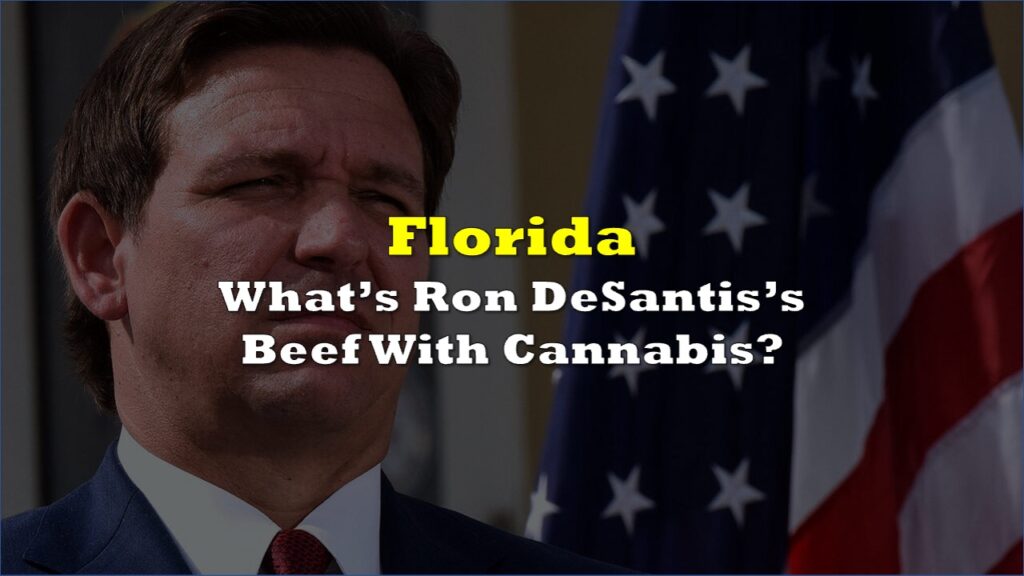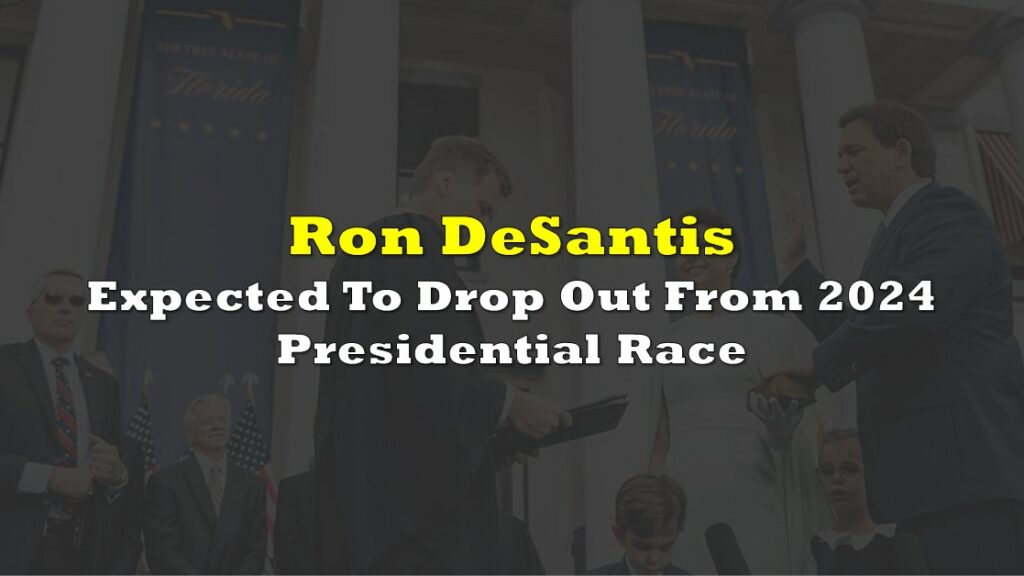Recently released grand jury transcripts from the 2006 Jeffrey Epstein case in Palm Beach County, Florida, show that prosecutors may have undermined their own case by portraying teenage victims as willing participants rather than victims of sexual abuse.
The 158-page document, made public on Monday following a new law signed by Governor Ron DeSantis, shed light on the questioning tactics used by assistant state attorneys during the grand jury proceedings. Instead of focusing on Epstein’s alleged crimes, prosecutors appeared to cast doubt on the credibility of the young witnesses.
NEW: A Palm Beach County prosecutor painted two girls molested by Jeffrey Epstein as prostitutes, drug addicts, thieves and liars in front of a grand jury empaneled in 2006 to review the state’s criminal case against sex trafficker Jeffrey Epstein. Newly unsealed records show…
— julie k. brown (@jkbjournalist) July 1, 2024
One particularly troubling exchange involved a 14-year-old victim being asked by prosecutor Lanna Belohlavek, “You’re aware that you committed a crime?” The girl, seemingly confused, responded, “Now I am. I didn’t know it was a crime when I was doing it.”
Palm Beach prosecutor Lanna Belohlavek — in front of the grand jury — tells Epstein victim that she committed the crime of prostution, even though she was 14 years old when Epstein molested her at his Palm Beach mansion. pic.twitter.com/DkpGcBiWHg
— julie k. brown (@jkbjournalist) July 1, 2024
Similarly, grand jurors echoed this approach, asking victims if they were aware that their actions were “wrong” and questioning their goals to “not do it anymore.” These lines of questioning suggest that the focus was shifted away from Epstein’s alleged predatory behavior and onto the victims’ choices and awareness.
Some of the Grand jurors in the Jeffrey Epstein criminal case questioned the girls about what Epstein did to them. The victim was 16 at the time. Epstein was in his 50s. pic.twitter.com/kglD3Usj0q
— julie k. brown (@jkbjournalist) July 1, 2024
Palm Beach County Clerk of Courts Joseph Abruzzo, who fought for three years to release these records, described the content as “disturbing.” He noted that the prosecutors’ approach “diminished” the girls’ credibility, an unusual tactic in grand jury proceedings involving alleged sexual abuse of minors.
The transcripts also reveal that Palm Beach Police Detective Joe Recarey had uncovered evidence of Epstein’s systematic abuse of teenage girls, some as young as 14. Recarey testified that Epstein often paid the girls for “massages” that escalated into sexual activities and encouraged them to recruit others, reportedly saying, “The younger, the better.”
Related: Donald Trump Expresses Reluctance to Declassify Epstein Files: “Phony Stuff”
Despite this evidence, Epstein was ultimately indicted on only one charge of felony solicitation of prostitution. This outcome fell far short of the more severe charges recommended by the police, which could have resulted in decades of imprisonment.
The release of these documents has reignited discussions about the handling of the Epstein case and the broader issues of how the justice system treats victims of sexual abuse, particularly minors. Victims’ advocates argue that this approach by prosecutors may have contributed to the lenient plea deal Epstein ultimately received in 2008, allowing him to continue his criminal activities for years afterward.
Information for this story was found via the sources and companies mentioned. The author has no securities or affiliations related to the organizations discussed. Not a recommendation to buy or sell. Always do additional research and consult a professional before purchasing a security. The author holds no licenses.

